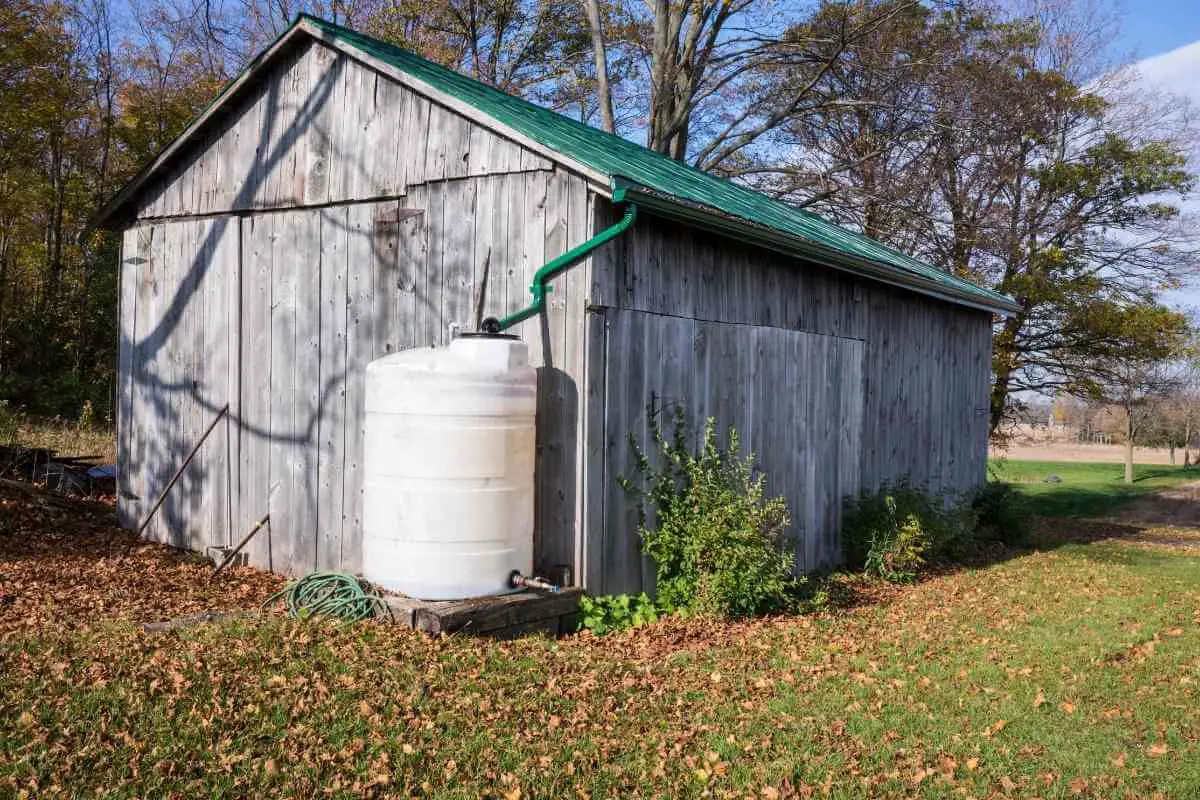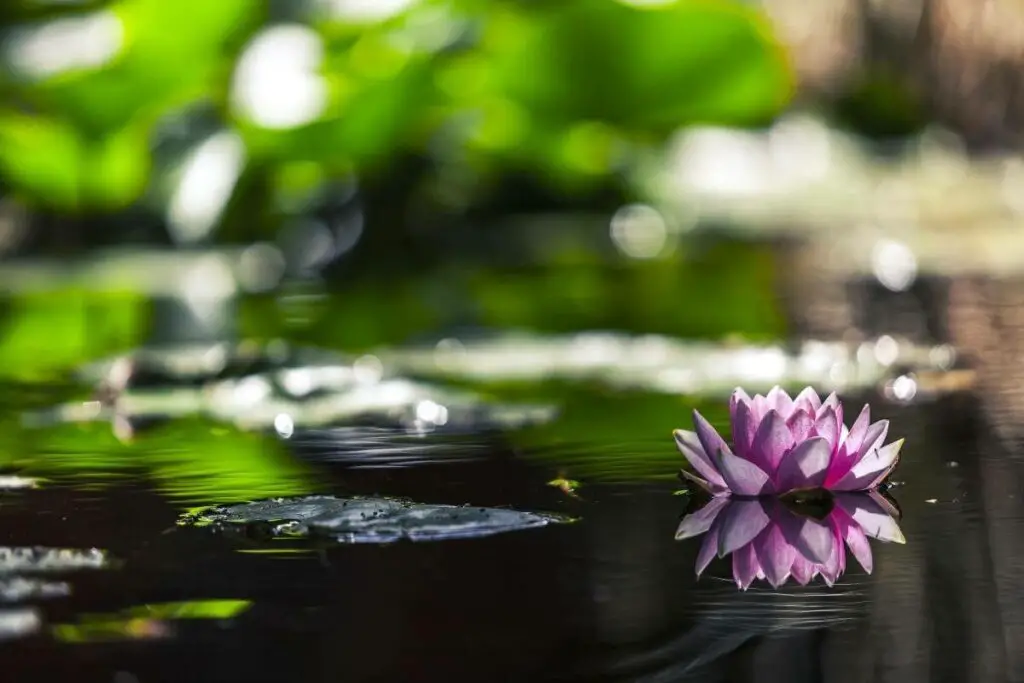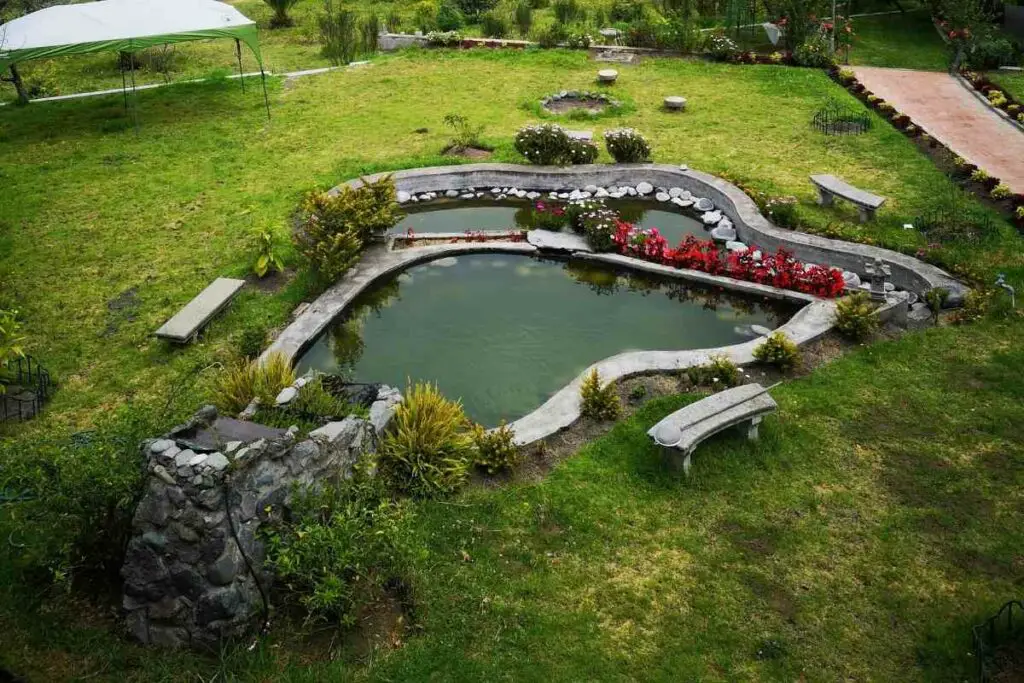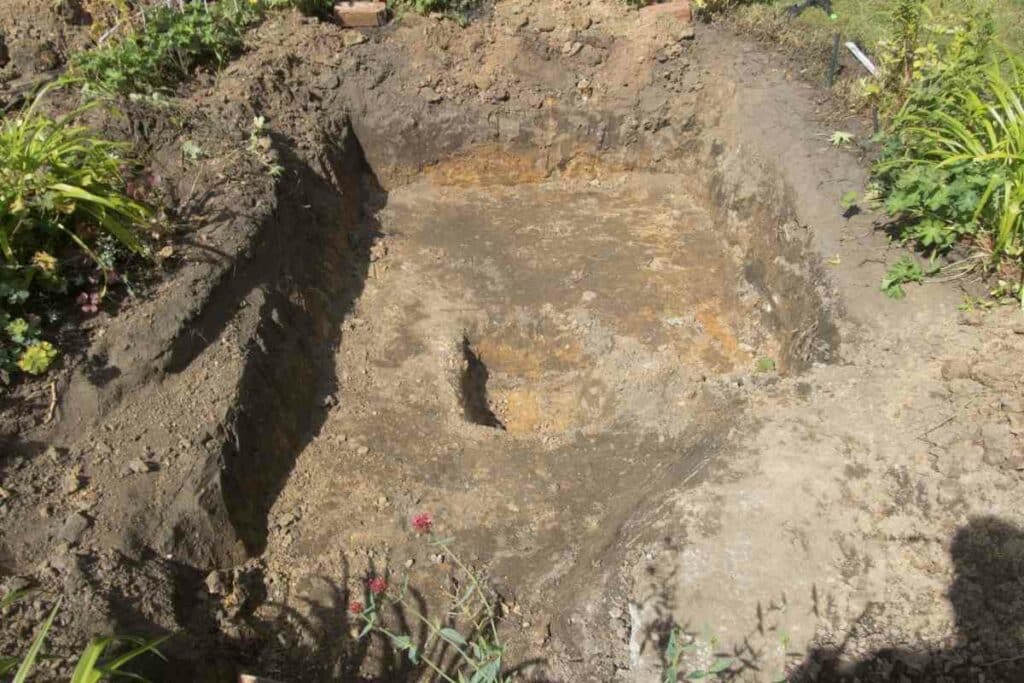Harvesting rainwater is not illegal in America. However, different states across the country have varying legislation, with some allowing rainwater collection and others imposing several restrictions. Regarding safety, harvesting rainwater depends on the hygienic condition of the equipment used in the process.
Harvesting rainwater is a common practice that allows homeowners to reduce their over reliance on tapped water, thus lowering utility bills.
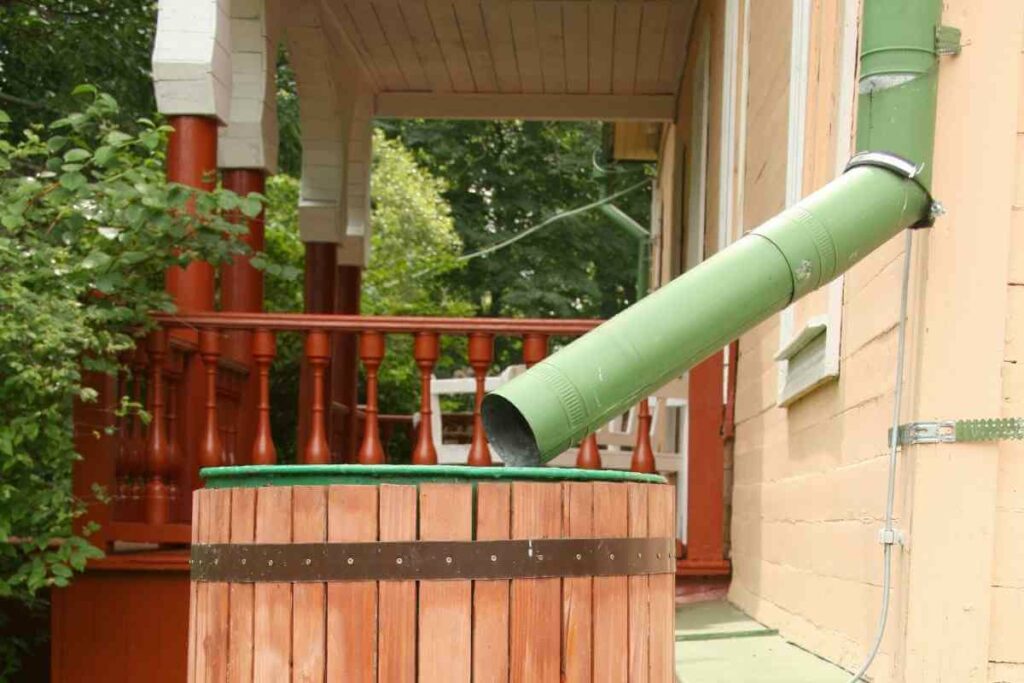
It also helps in environmental conservation since you store the water that would have otherwise been runoff and cause erosion.
However, there are concerns about the legality of this process in some states, as well as its safety.
Is Collecting Rainwater Safe?
You can use rainwater for bathing, cleaning, drinking, and watering your garden.
However, this water isn’t safe unless you treat it properly before use.
Here are the reasons:
- Rainwater contains multiple impurities, from the harmful gases released by factories and vehicles to the bird’s poop on your roof.
- It often carries bacteria, viruses, and other pathogens that can make you sick.
- The risk of getting affected by rainwater depends on your location, the season, how regularly it rains, and, more importantly, how you harvest and store the water.
- Dust and smoke from the atmosphere can pollute rainwater before it lands on your rooftop.
- Your roof, gutters, piping, and tanks might also contain harmful elements like asbestos, copper, and lead, and this might cause further contamination.
- If it doesn’t rain for long, your roof becomes dirty, which means that the water you collect will be unsafe for consumption.
An ideal way to use rainwater is for watering plants or washing your car and other machinery.
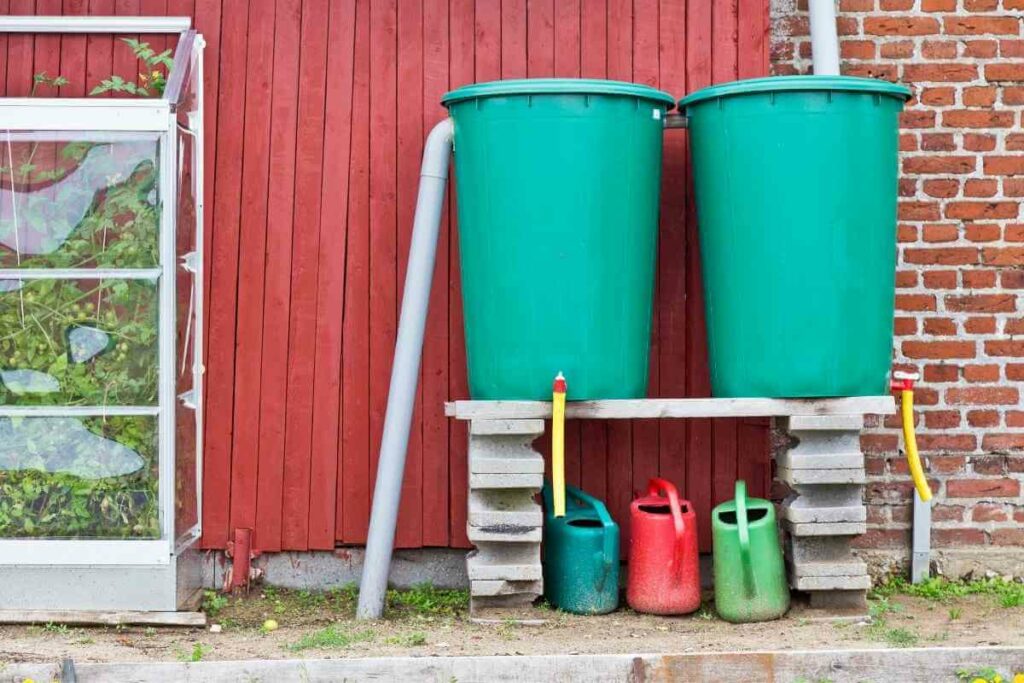
Unless there’s no alternative, avoid drinking, bathing, or using rainwater to clean utensils.
If that’s the case, ensure that you treat it before consumption.
Water treatment options include:
- boiling
- chlorination
- filtration
It’s advisable to use a combination of these methods to generate clean water.
Is It Illegal to Collect Rainwater?
Currently, the federal government doesn’t have any regulations concerning rainwater collection. Instead, it has mandated this task to individual state governments.
Most states allow their residents to harvest rainwater freely. Some administrations encourage this practice. However, some governments have strict rules regarding rainwater collection.
Here are some of the states where rainwater harvesting has some restrictions.
Alaska
The state government encourages residents to collect rainwater in Alaska, but only if it hasn’t drained into a water body.
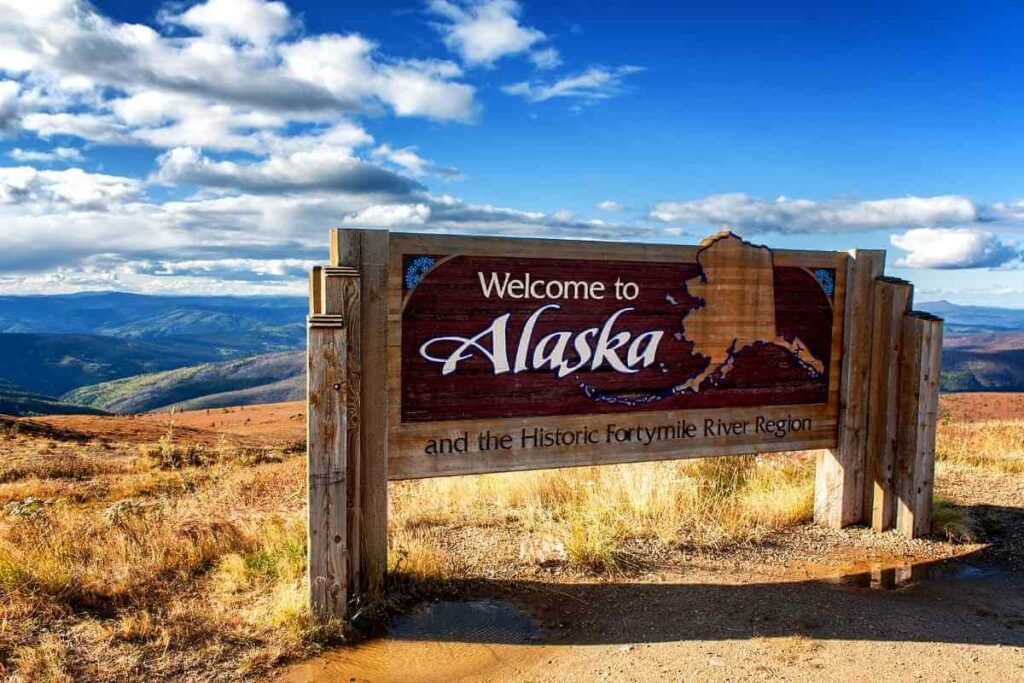
According to the Alaska Department of Natural Resources, you need water rights to harvest groundwater, even if it’s sourced from rain.
Every property owner must have this document.
You can obtain it from the previous dweller or acquire one at a fee if you’re new to your property.
Arkansas
The state government of Arkansas permits residents to collect rainwater, albeit with some restrictions.

The water must be for non-potable uses, and a licensed professional engineer must design the collection system. More importantly, the engineer must comply with the Arkansas Plumbing Code.
California
You don’t need a permit to collect rainwater coming from your roof if you live in California.
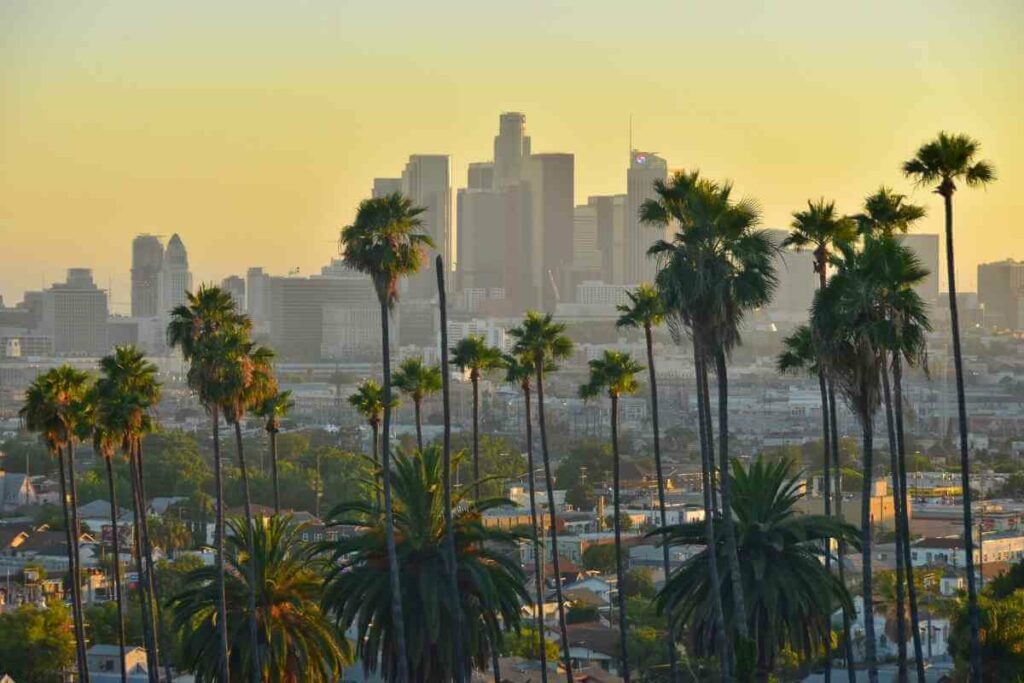
However, this isn’t the case if you intend to use the water for landscaping.
The same applies to water use in swimming pools, fish ponds, fountains, and other outdoor structures.
Here, you’ll need to sign a prime contract that permits such uses.
Colorado
In Colorado, you can collect only 110 gallons of rainwater. This water must be used for outdoor non-potable purposes in the home where it was harvested.
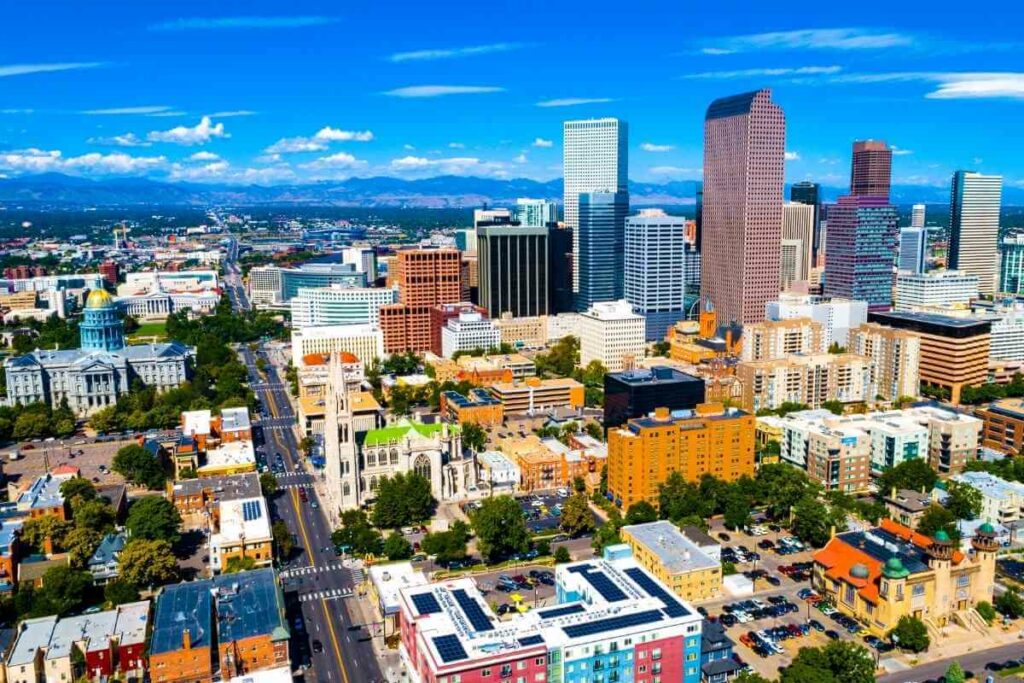
These purposes include irrigation and gardening.
Interestingly, the current restrictions are less strict than the previous ones.
For a long period, the state had imposed severe restrictions on rainwater harvesting.
However, these were revised after research proved that only 3% of rain reached streams or absorbed the ground.
Illinois
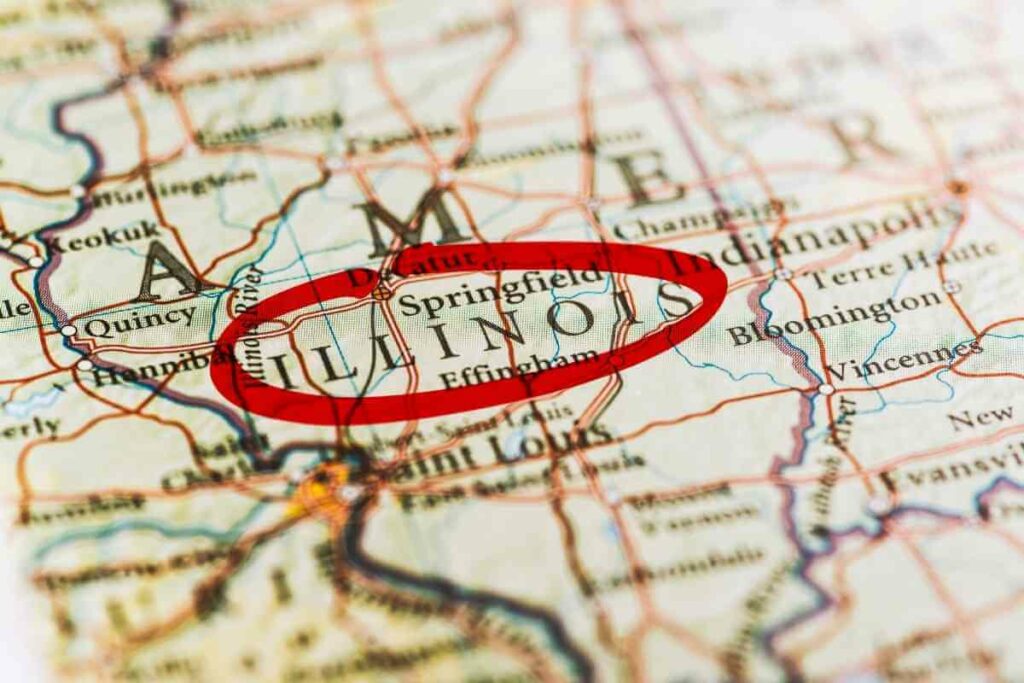
Two statutes govern the collection of rainwater in Illinois.
- The first, called House Bill 991, requires homeowners’ associations to declare their stance on rainwater harvesting. If so, they must specify the architectural requirements, design, and location of the collection systems.
- The second is called the Green Infrastructure for Clean Water Act. It encourages rainwater collection using efficient and sustainable methods.
Kansas
Like Alaska, the state government of Kansas requires you to have water rights to harvest water.
The statute governing water collection is known as The Kansas Water Appropriate Act.

If you don’t have these rights, it’s illegal to collect water.
That said, there’s a provision for collecting some water, providing it’s for domestic use.
It allows homeowners to harvest water for their livestock, household and irrigate two acres of land.
If you want to discover what authorities consider as domestic use, contact the Kansas Department of Agriculture.
Louisiana

Rainwater harvesting is legal in Louisiana, but you have to use a covered barrel for collection. It must also be clean.
The state government is against the trading of polluted water, including ice.
Nevada
Before 2017, harvesting rainwater was illegal in Nevada. However, this changed, and the state government now allows residents to collect water for non-potable domestic use.
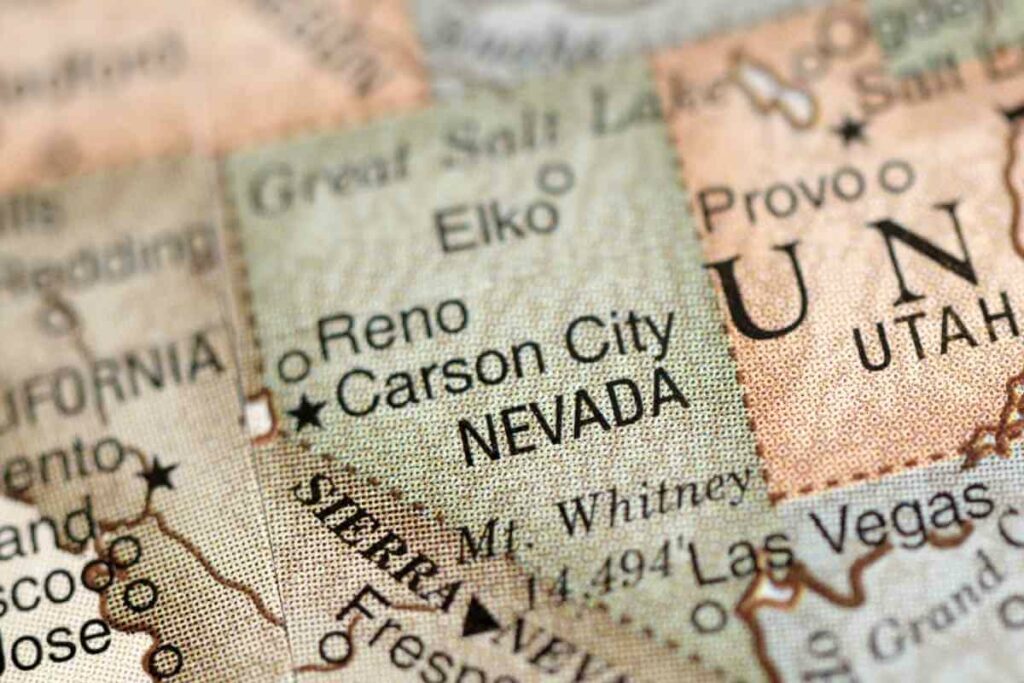
It also permits remote guzzlers with a capacity of 20,000 gallons to keep water for wildlife, provided the catchment area isn’t bigger than one acre.
Moreover, its piping system should be ¼ mile or less.
North Carolina
In North Carolina, you must consult the Department of Environment and Natural Resources before you start collecting rainwater.
This agency offers technical assistance in improving your collection system’s efficiency.

It also teaches how to reuse water and minimize the wastage of this precious resource.
One of the notable roles of the state government is enforcing State Law 243. This law demands the inspection of all rainwater collection systems before use.
These systems can only receive water collected from roofs of buildings.
It also requires all tanks to be blue or green and have an approved and disinfected filter strainer.
Ohio
You will not be breaking the law if you collect rainwater in Ohio, even if it’s for potable uses.

However, if you intend to supply drinking water to 25 people or less, your collection system must meet the requirements set by the Ohio Department of Health.
Oregon

For personal uses, it’s legal to harvest rainwater in Oregon.
However, you need a water permit right if you intend to use public water unless the public is authorized to access your collection system.
Texas
Over the years, Texas has made several amendments to the regulations governing rainwater collection to encourage the practice among residents.
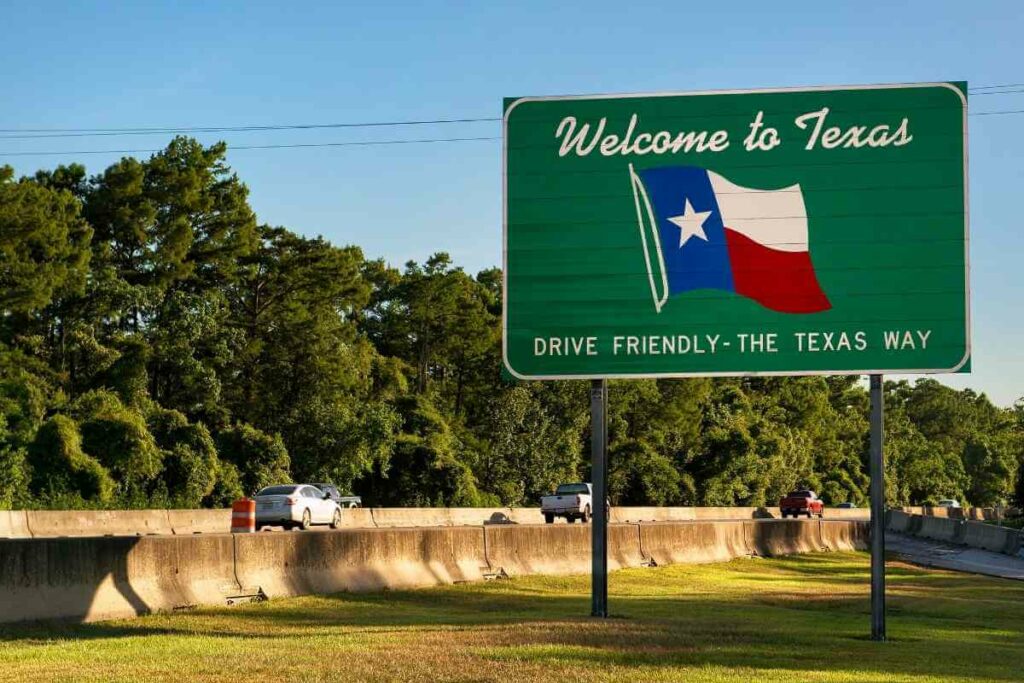
Nonetheless, it still has some restrictions.
For instance, an individual must provide a written notice to the municipality or the owner of a public water supply system if they intend to connect their rainwater collection system to it.
This exempts the two from any liability in case somebody gets health complications from consuming the water.
The rules governing commercial, industrial, and residential premises are different.
A municipality can’t stop rainwater collection in a public facility.
Additionally, the Texas Water Development Board has to train county and municipal staff at least once every three months.
Utah
Utah is perhaps the strictest state when it comes to rainwater collection.
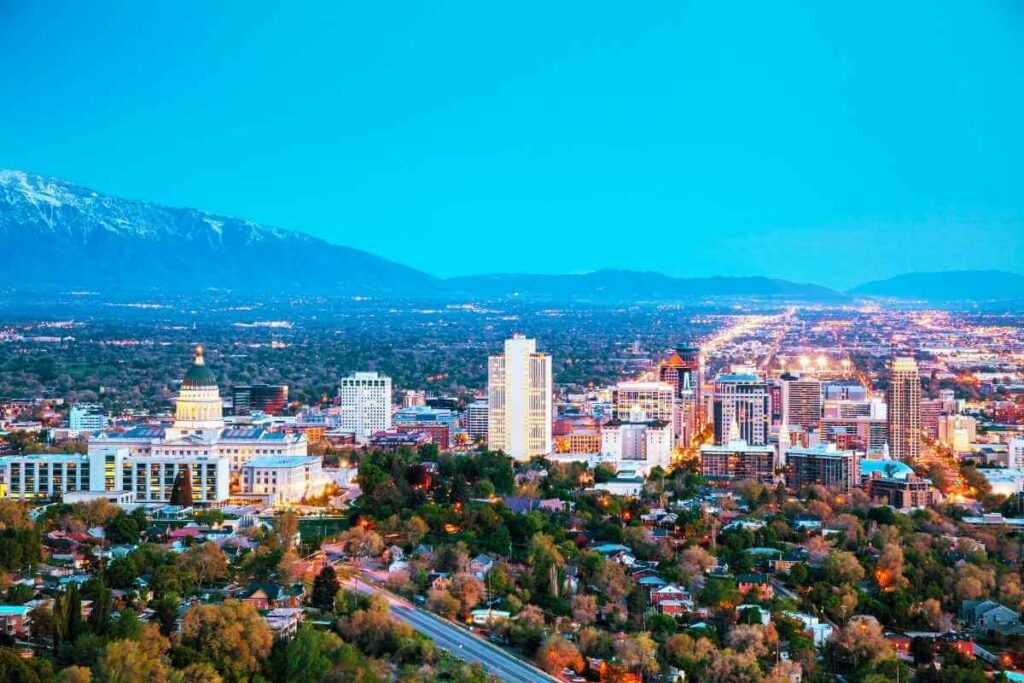
You can harvest rainwater if you own or have leased the land on which you’re collecting the water.
Furthermore, Senate Bill 32 requires every person who intends to collect more than 2,500 gallons of water.
The exempt are individuals who have reservoirs with a capacity of fewer than 100 gallons.
Washington
Unlike in the past, you don’t need a permit to collect rainwater from rooftops if you live in Washington.
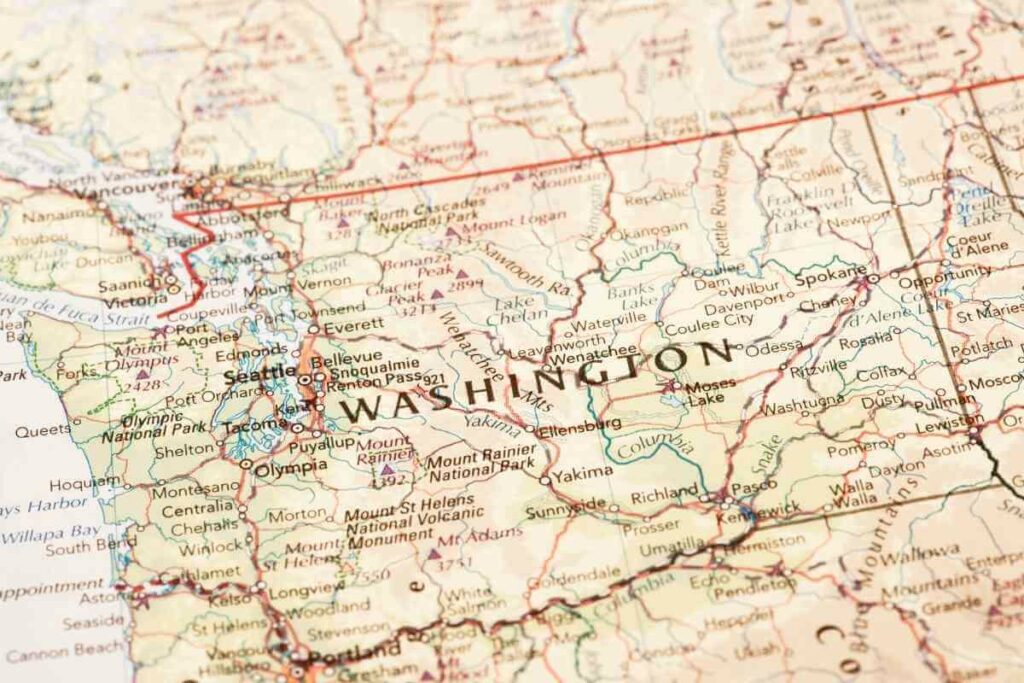
That said, the state still enforces strict rules against the practice.
These regulations vary by county, with some being stricter than others.
Currently, you don’t need a permit to harvest rainwater, provided you use the water on the property.
The structures from which you collect the water must also have other purposes besides rainwater harvesting.
In some counties, collecting rainwater for drinking is prohibited.
The Legal Status of Rainwater Collection In Various States
| Encouraged | Legal | Legal (with restrictions) |
|---|---|---|
| Connecticut Delaware Florida Hawaii Indiana Maryland Massachusetts Michigan Minnesota Missouri Montana Nebraska New Hampshire New Mexico New York North Dakota Pennsylvania Rhode Island South Carolina Virginia | Alabama Arizona Iowa Kentucky Maine Mississippi New Jersey Oklahoma South Dakota Tennessee Vermont West Virginia Wisconsin Wyoming | Alaska Arkansas California Colorado Illinois Kansas Louisiana Nevada North Carolina Ohio Oregon Texas Utah Washington |
Wrapping Up
Regulations against rainwater collections were first introduced in the 19th century during the California Gold Rush.
Miners used high-pressure water to displace unwanted material to find gold.
Because of the high water demand, a scarce resource in California, miners started ‘stealing’ water from other sources, prompting the authorities to enforce restrictions.
These regulations have since been eased, and many state governments encourage residents to harvest rainwater.
Nowadays, the primary reason behind the regulation of rainwater collection is to protect public health.
As mentioned earlier, rainwater has several contaminants that make it unsafe for human consumption.
Since you can’t let it go to waste, it’s best used for washing machines and watering your plants.
If you must use it for drinking, ensure that you boil and disinfect it. Then, store it in a clean container.
Otherwise, you’ll end up ingesting bacteria, viruses, parasites, pesticides, and other substances that can harm your health.
Also Helpful
- What Should I Put in the Bottom of My Wildlife Pond?
- Backyard Oasis With Pool: Creating a Relaxing Retreat in Your Backyard
- How to Find Pond Leak (Quick Method to Find the Leaks)
- Pool Ledge Lounger – Complete Buyers Guide
- Do Garden Ponds Overflow When It Rains
- How To Fill A Pond With Water (Complete Guide)
